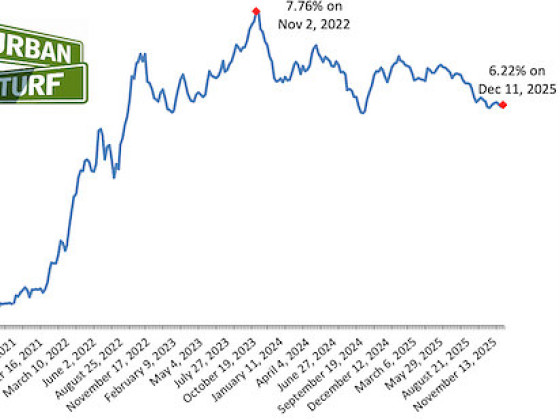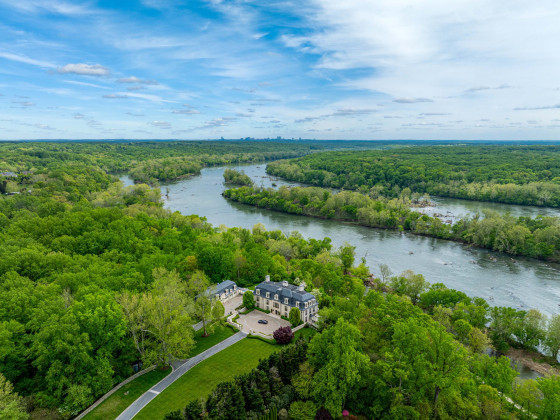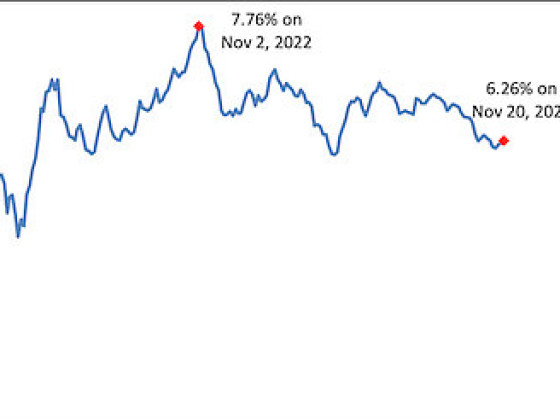 Home Inspection and Your Green Home
Home Inspection and Your Green Home
✉️ Want to forward this article? Click here.

Once you have found your new home and successfully negotiated the contract with your agent, the next step is usually to schedule a home inspection. However, much like houses, home inspectors need to be evaluated, and finding one that can answer the flurry of questions that you have about the integrity and energy efficiency of your home is important these days.
Most home inspectors are becoming well versed in issues concerning the energy efficiency and green attributes of homes, but if you really want to be proactive you need to generate your own list of questions. Here are some that are worth asking:
- What are ways that I can increase the efficiency of my HVAC system?
- Where can I add insulation in the house and what type would you recommend?
- What can I do to remove the condensation between double pane windows?
- What kinds of paints can I use on the roof to make it reflective?
- Can I change the old thermostat to a programmable one?
The answers that an inspector gives to these questions will help you narrow down and choose one that understands the importance of the green attributes of various systems in a home. However, if you really want to understand more about the home you are going to be living in, you may want to accompany him/her during the inspection.
Typically, the first place that inspectors head is to the basement where the HVAC, water and heating systems and electrical panel should be. Most systems should have an installation date and efficiency rating, but keep in mind that a system is only as efficient as the maintenance that was put into it over the course of its life, so ask the inspector if dirt/corrosion has built up reducing the overall efficiency. Some inspectors estimate approximately how much life might be left in a system and whether it should be replaced or if a service agreement should be negotiated into the sale. If you want to be a bit more inclusive, ask the inspector about the A-coil on the HVAC system as this will give you an indication of how well the current owner maintains the cooling system and the house overall.
Electrical wiring tends to be tricky to evaluate as some DC homes have brand new wiring and some have the original wiring that can be 70 or so years old. A well-labeled electrical panel and organized wiring tends to indicate a professional installation, however always ask the inspector what type of wiring it is and the approximate age.
If you are looking at buying a newly built or renovated home, it has most likely been insulated according to code (meaning the bare minimum). However, your inspector really needs to dig around and measure the depth of the insulating material used. If it is an older property that hasn’t been renovated, chances are you will be investing in some insulation and, if properly done, it is well worth the time and money spent. Insulation works best with a tight building envelop (meaning well sealed from outside air) as humid air transpiring through the insulation reduces its expected insulating value. Ask your inspector if they see or feel any signs of air movement occurring (dusting streaks sometimes around vents indicate that conditioned air might be escaping) as this can add on a significant charge to your utility bills.
Plumbing tends to be a challenge in older homes as you will run across mixed metals being used in pipes which, for the most part, should be avoided. Galvanized piping, in particular, makes inspectors cringe as it eventually leads to corrosion and reduced water pressure on upper floors. There isn’t one material that is greener than another, but most builders use PVC due to its cost effectiveness and quick installation. Copper tends to be better quality although the hot water runs need to be insulated as it radiates heat quickly.
Overall, a home inspector can share some insightful information, but you need to do your homework to know if your pending purchase is truly a wise one. Alternatively, if the negotiated price reflects the opportunity of building in that future efficiency, you should let the inspector know of your plans and take notes.
See other articles related to: green real estate dc
This article originally published at http://dc.urbanturf.production.logicbrush.com/articles/blog/home_inspection_and_your_green_home/1367.
Most Popular... This Week • Last 30 Days • Ever

With frigid weather hitting the region, these tips are important for homeowners to ke... read »

Today, UrbanTurf offers a brief explanation of what it means to lock in an interest r... read »

An application extending approval of Friendship Center, a 310-unit development along ... read »

The 30,000 square-foot home along the Potomac River sold at auction on Thursday night... read »

A key approval could be coming for a proposal to convert a Georgetown office building... read »
DC Real Estate Guides
Short guides to navigating the DC-area real estate market
We've collected all our helpful guides for buying, selling and renting in and around Washington, DC in one place. Start browsing below!
First-Timer Primers
Intro guides for first-time home buyers
Unique Spaces
Awesome and unusual real estate from across the DC Metro














